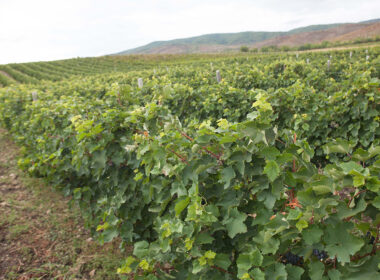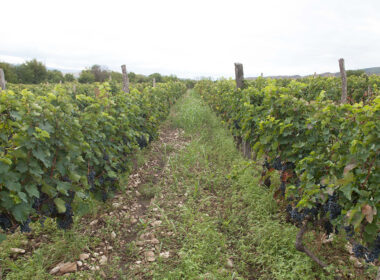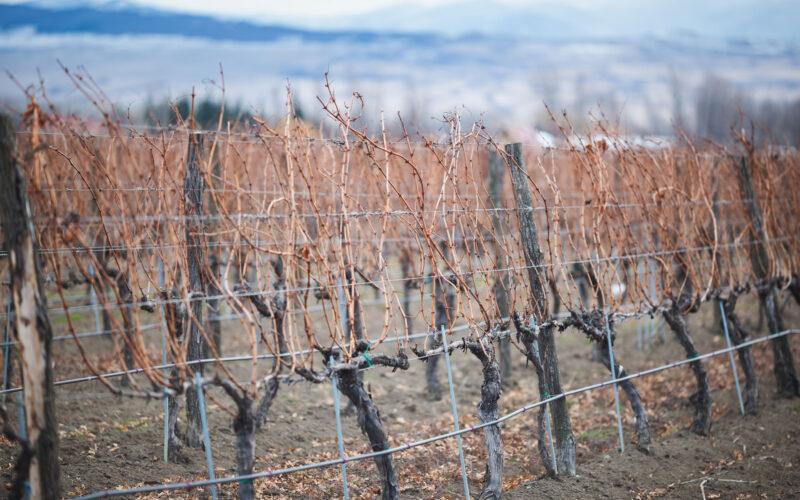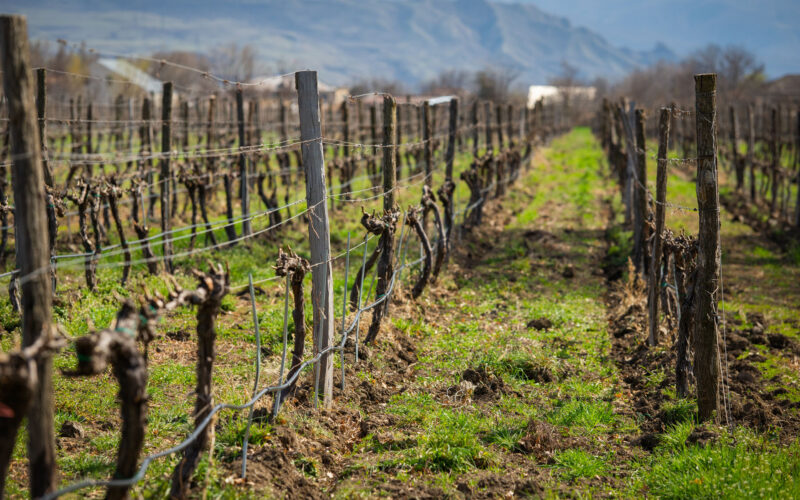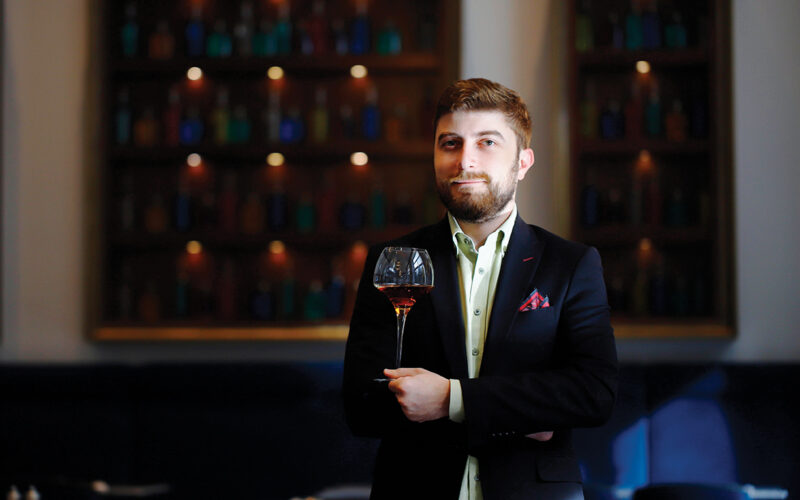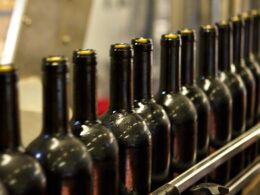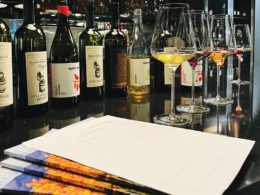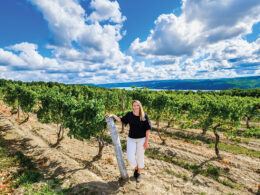ევროკავშირის მხარდაჭერით, გაეროს სურსათისა და სოფლის მეურნეობის ორგანიზაციამ (FAO), ქართული ღვინის მეწარმეებისთვის სამ დღიანი ტრენინგების სერია ჩაატარა. საგანმანათლებლო შეხვედრები მცხეთის მუნიციპალიტეტსა და თბილისში გაიმართა. მათ ორმოცზე მეტი ღვინის მცირე, საშუალო და დიდი მეწარმე დაესწრო კახეთიდან, ქართლიდან, იმერეთიდან და რაჭიდან. ტრენინგების სერია FAO-ს ვენახის ინტეგრირებული მართვის საერთაშორისო ექსპერტმა – ხულიო პრიეტო დიასმა შეიმუშავა და ჩაატარა.
საგანმანათლებლო კომპონენტი, საქართველოში ღვინის მეწარმეების კონკურენტუნარიანობის გასაუმჯობესებლად, საქართველოს კონტექსტზე მორგებული ცოდნის გაზიარებით განხორციელდა. ამასთანავე, ტრენინგები კერძო სექტორს ეხმარება ევროკავშირის კანონმდებლობის შესაბამისი სურსათის უვნებლობის ახალი სტანდარტების მიღებაში.
ტრენინგის ერთ-ერთი ძირითადი თემა იყო ზამთრის სხვლა, როგორც მოსავლის ხარისხობრივი და რაოდენობრივი გაზრდისა და გაუმჯობესების განმაპირობებელი აქტივობა. აღსანიშნავია, რომ ვენახის სწორად სხვლა სურსათის უვნებლობასაც ხელს უწყობს, რადგან ის ამცირებს დაავადებების გავრცელებას და შესაბამისად, ზედმეტი ფუნგიციდის გამოყენების საჭიროებას.

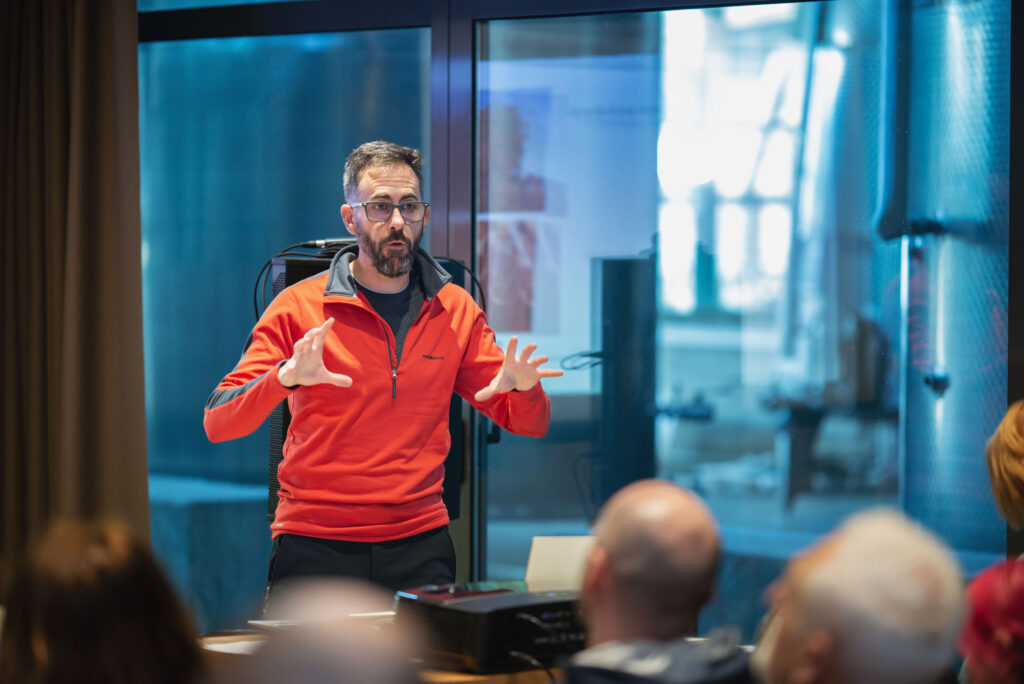
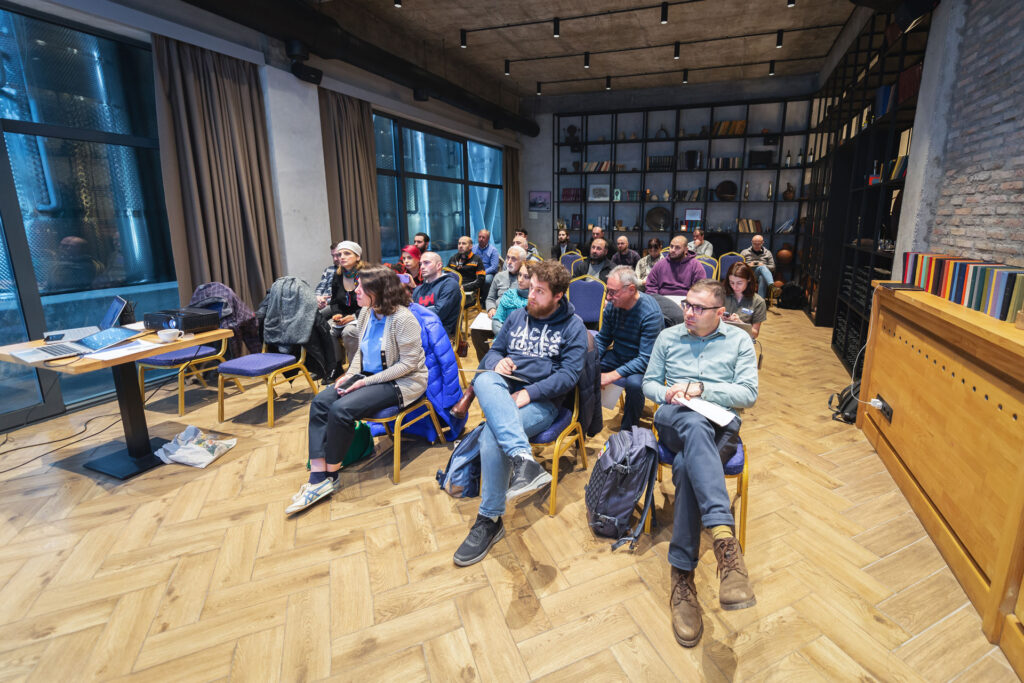
FAO-ს ტრენინგის კიდევ ერთი საკითხი მავნებლებისა და დაავადებების ინტეგრირებული მართვა (IPM) იყო, რომელიც სოკოვან დაავადებებთან გამკლავებასა და საქართველოს აღმოსავლეთ და დასავლეთ ნაწილებში გავრცელებული ორი სახეობის მავნებლის (Lobesia Botrana – ევროპული ყურძნის ჭია და Planococcus citri Risso – ვაზის ფქვილისებრი ცრუფარიანა) „გამრავლების შემაფერხებელ პროგრამას“ მოიცავს.
„ჩვენ ღრმად გვწამს, რომ ვენახის მართვის მდგრადი მეთოდები, რომლებიც FAO-მ შემოიტანა, საქართველოს ღვინის მეწარმეებისთვის მნიშვნელოვან შედეგებს მოიტანს. 2022 წელს, FAO-მ Lobesia Botrana-ს საწინააღმდეგოდ, „გამრავლების შემაფერხებელი პროგრამა“ განახორციელა. ღვინის მეწარმეებმა შესანიშნავი შედეგები მიიღეს – მათ ნაკლები ფული დახარჯეს ქიმიკატებზე და ამავდროულად, მეტი მოსავალი აიღეს. ამასთანავე, ფუნგიციდისა და პესტიციდის ნარჩენების შემცირებით, მათ საკუთარი ყურძნისა და ღვინის ხარისხის გაუმჯობესებაც შეძლეს. პროგრამაში ჩართულმა ღვინის მეწარმეებმა მნიშვნელოვანი ნაბიჯი გადადგეს ევროპული სურსათის უვნებლობის სტანდარტებთან მიახლოების თვალსაზრისით“, – განაცხადა FAO-EU პროგრამის კოორდინატორმა, ხავიერ სანს ალვარესმა.
“ქართული ღვინის მეწარმეებისთვის საერთაშორისო ექსპერტიზა ზიარდება ქვეყნისა და საერთაშორისო ბაზრებზე ღვინის ინდუსტრიის კონკურენტუნარიანობის გაუმჯობესების ხელშესაწყობად. გასულ კვირას შესწავლილი ტექნიკების გამოყენებით, ტრენინგებში მონაწილე მეწარმეები შეძლებენ წარმოების ხარისხის გაუმჯობესებას, რაც მათ პროდუქტს კიდევ უფრო უვნებელსა და კონკურენტუნარიანს გახდის საექსპორტო ბაზრებზე”, განაცხადა ჟორჟ დეუმ, ევროკავშირის წარმომადგენლობის სოფლის მეურნეობის, მეთევზეობის და სურსათის უვნებლობის პროგრამის მენეჯერმა.
პრიეტო დიასი საქართველოში უკვე შვიდჯერ ჩამოვიდა საქართველოს ღვინის ინდუსტრიისთვის საკუთარი ცოდნისა და გამოცდილების გასაზიარებლად. ვენახის ინტეგრირებულ მართვის ტრენინგი ამ დროისთვის დაახლოებით 120 ბენეფიციარს აქვს გავლილი.
საქართველოს აღმოსავლეთ ნაწილში, 12 ღვინის მეწარმე, ჯამში 209 ჰა. მოცულობის ვენახით, „გამრავლების შემაფერხებელ პროგრამაში“ ჩაერთო. ისინი აღნიშნავენ, რომ მოსავალი დაახლოებით 40%-ით გაეზარდათ, ხოლო ყურძნის ხარისხი საგრძნობლად გაუმჯობესდა.
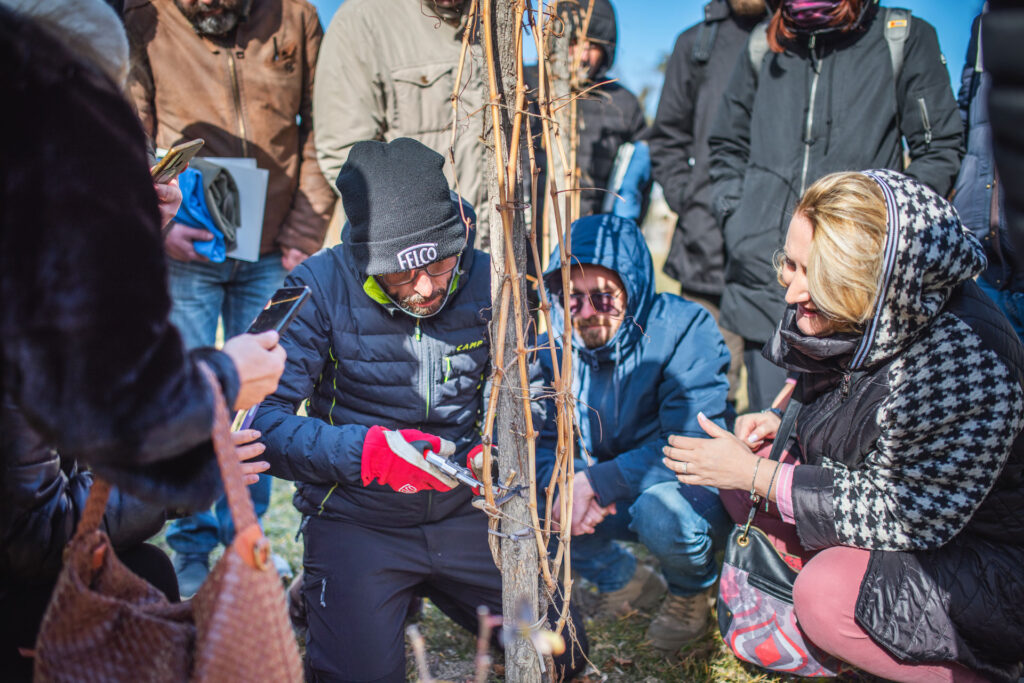
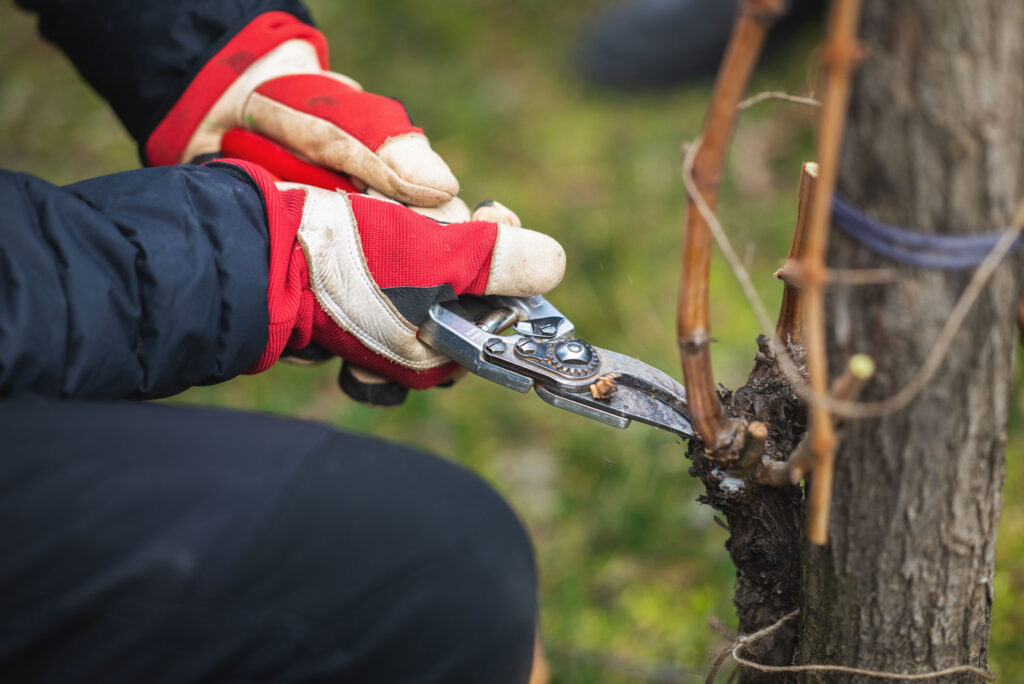
ევროკავშირი და FAO, ინტეგრირებული მართვის ტრენინგების ორგანიზებით 2023 წელს გააგრძელებენ ქართული ღვინის მეწარმეების მხარდაჭერას; ასევე ღვინის ახალ მეწარმეებს დაეხმარებიან „გამრავლების შემაფერხებელი პროგრამით“. პროგრამაში 2022 წელს ჩართული ბენეფიციარები კი კვლავ მიიღებენ ტექნიკურ დახმარებას.
ვენახის ინტეგრირებული მართვის ტრენინგებსა და „გამრავლების შემაფერხებელ პროგრამას“ FAO ევროკავშირის მხარდაჭერით ახორციელებს, ENPARD და EU4Business-ის ინიციატივის – „ევროკავშირის ინოვაციური პროექტი კერძო სექტორის კონკურენტუნარიანობისთვის საქართველოში“ ფარგლებში. ევროკავშირის აღნიშნული ინიციატივა, მიზნად ისახავს ქართველი მეწარმეების მხარდაჭერას იურიდიული გარემოს გაუმჯობესების, ფინანსებთან წვდომისა და ევროკავშირთან ურთიერთობის გაღრმავების თვალსაზრისით. ევროკავშირის ENPARD პროგრამის საერთო ბიუჯეტია 240 მილიონი ევრო, ხორციელდება 2013 წლიდან და მიზანი სოფლად სიღარიბის შემცირებაა. ENPARD პროგრამის პირველი ფაზა ფოკუსირებული იყო ქვეყნის სოფლის მეურნეობის პოტენციალის განვითარებაზე, ხოლო მეორე და მესამე ფაზები სოფლად მცხოვრები მოსახლეობისთვის ეკონომიკური შესაძლებლობების გაჩენაზე სოფლის მეურნეობასა და მის მიღმა.
FAO and EU’s Continued Support to Wine Producers in Georgia
Through the support of the European Union (EU), the Food and Agriculture Organization (FAO) of the United Nations in Georgia organised a 3-day training module for Georgian wine producers. The educational meetings attended by more than 40 small, medium, and big wine producers from Kakheti, Kartli, Imereti, and Racha were held in Tbilisi and Mtskheta Municipality. The pieces of training were developed and led by an FAO international expert in integrated vineyard management – Mr Julio Prieto Diaz.
The educational component is implemented with the aim of increasing the competitiveness of wine producers in Georgia by sharing relevant knowledge tailored to the Georgian context and supporting the private sector in adapting to new food safety standards in alignment with EU legislation.
Winter pruning in vineyards was one of the two main topics of the training sessions, as a key element to increasing the quality and quantity of the harvest. Importantly, correct pruning in vineyards is integral to advancing food safety, as it reduces the risk of spreading diseases and over-spraying fungicides.
Integrated Pest Management (IPM) was another topic of FAO’s educational module, including treatment of fungal diseases, but also the establishment of a Mating Disruption Programme for two species of pests, which are present in Eastern and Western parts of Georgia. These are Lobesia Botrana – the European grapevine moth, and Planococcus citri Risso also referred to as mealybugs.
“We believe that the sustainable vineyard management methods, which were introduced by FAO, can have a major impact on Georgia’s wine producers. In 2022, FAO supported the Mating Disruption Programme to tackle Lobesia Botrana. The results were excellent – wine producers spent less money on chemicals and increased their yield. Importantly, they improved the quality of their grapes and wine by reducing the risks of fungicide and pesticide residues. The wine producers also made great steps toward aligning with the European food safety standards,” stated Javier Sanz Alvarez, FAO Programme Coordinator.
“Providing Georgian wine producers with international expertise is done with the aim of helping the wine industry become more competitive on national and international levels. By utilising the techniques that have been shared this week, the beneficiaries will be able to improve the quality of their production and thus of their products, making them safer and more competitive on export markets,” said Georges Dehoux, Programme Manager for Agriculture, Fisheries and Food Safety at the EU Delegation to Georgia.
So far, Mr. Prieto Diaz has visited Georgia 7 times to share knowledge and expertise with the Georgian wine industry. Until now, nearly 120 beneficiaries have been trained in various aspects of Integrated Vineyard Management. Moreover, 12 wine producers with 209 Ha of vineyards in the Eastern part of Georgia took part in the Mating Disruption Programme. They have reported that, for them, the yield quantity has increased by approximately 40%, and the quality of grapes has improved considerably.
The EU and FAO will continue supporting Georgian wine producers by providing training in Integrated Vineyard Management, including the Mating Disruption Programme for the 2023 Season to expand to new grape and wine producers and keep the technical support to those that started in 2022.
The Integrated Vineyard Management training and the Mating Disruption Programme have been initiated by FAO through the support of the European Union under its ENPARD and EU4Business programmes. The EU4Business EU Innovative Action for Private Sector Competitiveness in Georgia aims to assist Georgian entrepreneurs in improving the legal environment and access to finance while strengthening ties with the European Union. The ENPARD Programme of the EU, aiming to reduce rural poverty, has been implemented since 2013, with a total budget of EUR 240 million. The Programme started by supporting the development of the agriculture sector and cooperatives. Afterwards, it concentrated also on creating economic opportunities for rural populations in Georgia. Since 2022, the Programme places an even more significant emphasis on improving food safety in the country.

